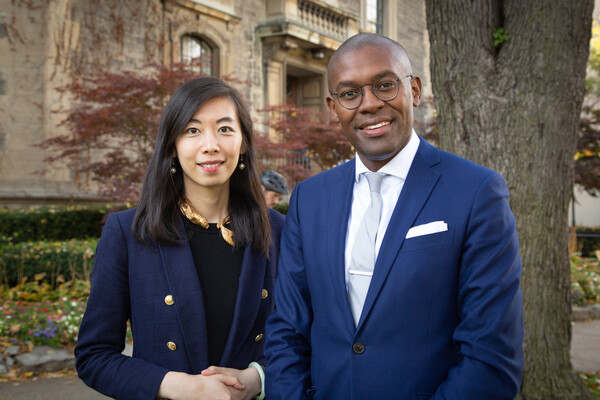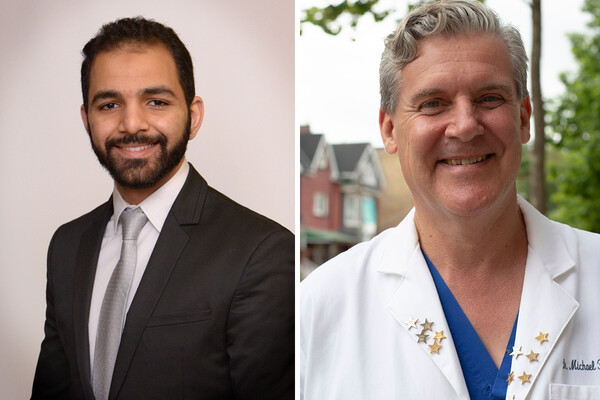Breadcrumbs
- Home
- MD/PhD Program
- News
- Exploring Youth Mental Health Programs through Knowledge Exchange in Australia
Exploring Youth Mental Health Programs through Knowledge Exchange in Australia
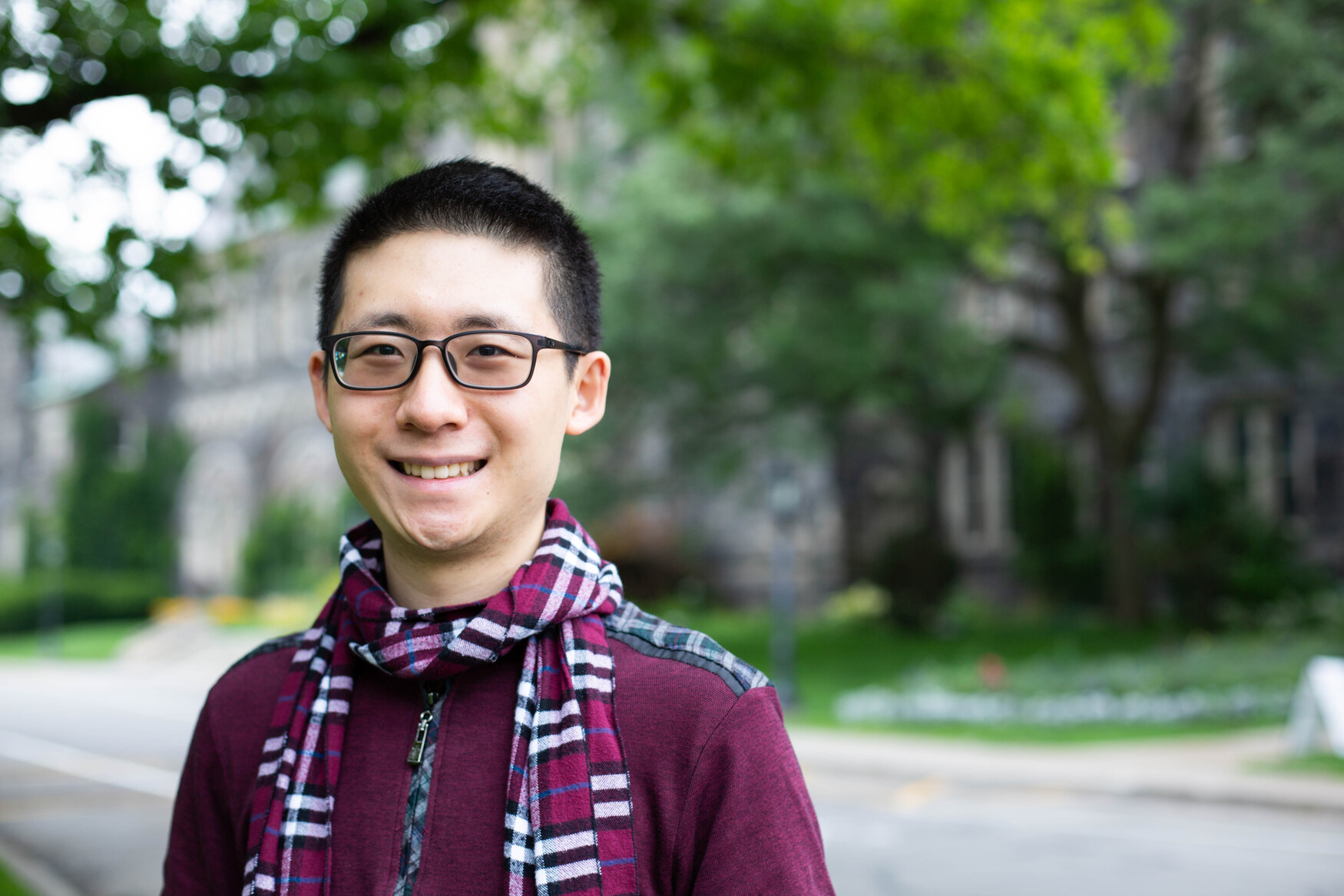
Julia Soudat
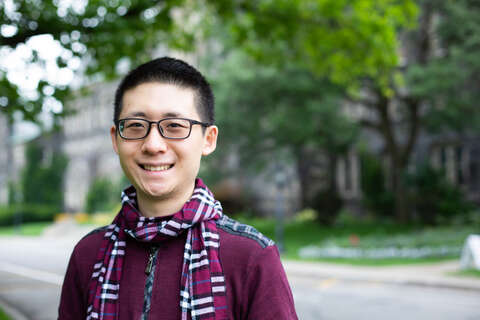
What took you to Australia?
I have been interested in mental health – and especially youth mental health – for almost a decade, and I’ve worked in and supported mental health spaces for equally as long. In 2015, I attended an International Conference on Youth Mental Health where I was introduced to some Australian organizations doing outstanding work in the YMH space. I was very impressed with the programs they offered. Many of us shared similar principles, but everyone had very unique approaches to similar concerns. I thought, “One day, I need to come down and see these programs first-hand!”
I never let go of that thought, and it eventually led to the trip I took this summer. Through six months of consultation with youth mental health groups in Canada, I self-initiated a 2-month knowledge exchange trip with very specific learning objectives.
The Faculty of Medicine was instrumental in making this happen through the mentorship I received from incredible faculty and staff – especially from the Associate Dean of OHPSA, Professor Tony Pignatiello. Professor Pignatiello said that "mental health and wellness are priorities for all of us, and we need to work together towards this common goal. It’s encouraging to see students taking interest and leadership in informing how we support well-being.” I couldn’t agree with that more, and I am looking forward to continuing my work and advocacy in this field.
What were your learning objectives? What were the biggest take-aways from this experience?
My main host in Australia was Orygen, the National Centre of Excellence in Youth Mental Health and an international leader in the field. Orygen lives in a three-story building with over 400 staff. There are frontline clinical services, policy teams and mental health translational programs integrated into one amazing space. Most importantly, they have young people advising its development – along every step of the way.
One of my primary goals was to appreciate the role that young people played in service transformation. There is an emerging interest to engage young people in service co-design. At Orygen, I met with youth who sat on advisory councils and learned how they were partners in decision making roles. Here in Canada, we have stakeholder bodies engaged in similar capacities within youth mental health spaces: one example is the Youth Advisory Group at the Centre of Addiction and Mental Health. It was inspiring to see how our practices shared fundamental principles. One message was clear: youth mental health services need to be co-created with young people in order to meet the needs of the population they are serving.
I also wanted to learn about a service model called “Headspace.” Based in the community, these hubs offer a one-stop shop for integrated youth wellness. No concern is too big or too small at headspace: youth aged 12-25 can walk in and receive support spanning primary care services, psychological care, and vocational work/study programs – all co-located in one spot. Canada began launching similar community hubs around 2014. I currently sit on advisory roles within two of these projects, ACCESS Open Minds and Youth Wellness Hubs Ontario. In Australia, I met with original architects of the headspace model, sat on clinical reviews, and visited eight headspace centers in person. Hearing feedback from sites who have been operational for over a decade is key to implementing similar models in Canada.
My final goal was connecting with Australia’s student mental health space. Here in Canada, we have a national student advocacy network called Jack.org. I was thrilled to learn that one of our partner organizations lives in Sydney, Australia. The Australian group, Batyr, runs similar campus outreach programs. They partner with local schools to deliver an engaging mental health literacy talk delivered by students, for students.
What did the Australian teams learn from you?
Sharing knowledge from the Canadian context was a central part of the exchange. I presented to the teams at Orygen, Headspace, and Batyr on Canadian youth mental health programs. The audience seemed inspired by our approaches in youth engagement, peer support and focus on delivering culturally-safe care.
What are your next steps now that you’re back in Canada?
The next steps are to consolidate the knowledge shared, continue implementation with Canadian teams, and explore sustainability measures to support other youth to go on international exchanges in the future. There are also emerging international partnerships I am excited to join.
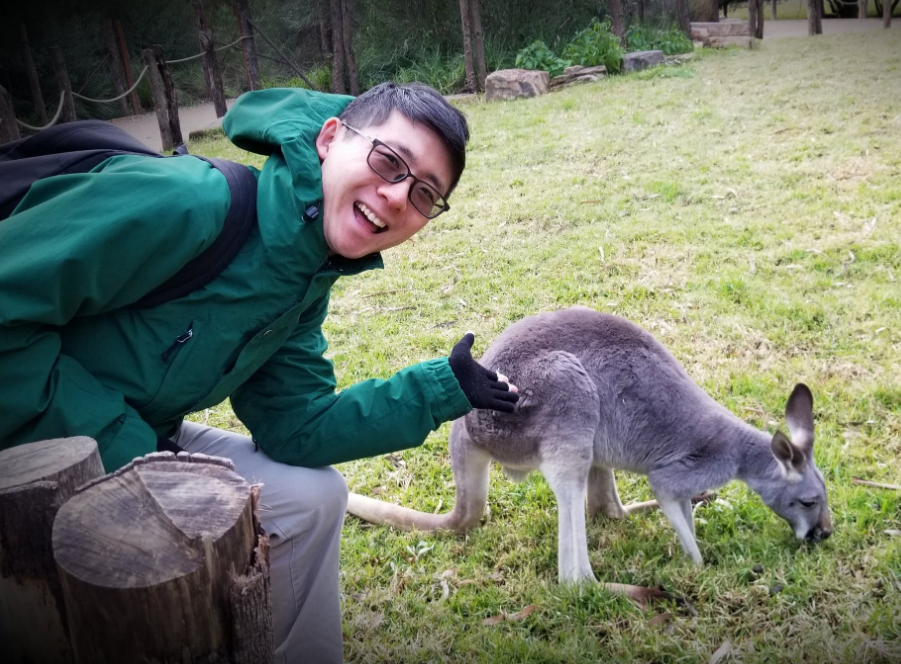 Aside from the educational aspect, what were some of the other highlights from your trip?
Aside from the educational aspect, what were some of the other highlights from your trip?
It was my first time visiting Australia, so I made sure to immerse myself into the unique Australian culture. I visited local zoos, met animals native to Australia, watched an opera at the iconic Sydney Opera House, and tried to learn some Aussie slang.
What advice would you give to students interested in pursuing similar experiences?
I think one of the best ways to appreciate a program is to see it in person. Experiential learning adds a unique dimension which may not be realized through reading articles or a videoconference conversation. Even if a formalized program does not exist, you can self-initiate this type of knowledge exchange. Formulate a list of specific learning objectives, send off several emails, and consult with numerous mentors. Folks across the globe are often excited to meet international visitors!
News
